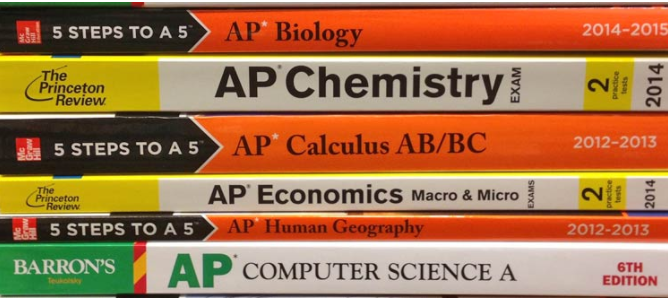Adam Wenkoff ’18
The two weeks of AP final exams are, for many, the most stressful weeks of the year.
Students taking finals in their AP courses should be able to move their other tests to a day where they don’t have a final.
With 10 percent of each class grade depending on each final, these exams can often make or break a student’s grade. That’s anxiety-inducing in itself. Add on the pressures of the AP Exams looming in the weeks following those exams, and these two weeks can be very unhealthy.Then, add on the pressures of the upcoming college process that almost all juniors have to face, and these two weeks can turn into absolute hell.
By giving students the option to move their non-AP tests and quizzes, Staples can help alleviate some of that inevitable stress. In a school that places so much importance on mental health, this seems like a logical step forward for helping students – juniors especially – cope with these awful two weeks.
There is, however, strong opposition to this viewpoint. Many people believe that if a student decides to enroll in an AP level course, they should be held responsible for the ensuing workload. Although this is a valid viewpoint, the simplification of the decision to enroll in an AP course is not a fair one.
In an interview with the New York Times, Jeff Rickey, the vice president and dean of admissions and financial aid at St. Lawrence University, said that “If A.P. courses are offered, we would expect to see A.P. courses on the transcript.” The College Board, the Los Angeles Times, and Veritas Prep all agree: AP courses on a student’s transcript greatly strengthen their application.
In a school where almost all of seniors go on to attend college, the pressure to build an impressive resume is enormous. Many students feel that they don’t really have a choice when it comes to taking AP level courses as it’s basically mandatory in order to stay competitive with their peers.
Therefore, it is unfair and inaccurate to assume that every student taking an AP course is academically capable of balancing the heavy workload. AP courses have transformed from a way for smarter students to challenge themselves into a near-necessity for almost all upperclassmen.
Giving students the ability to not take a non-AP test on the same day as one of their their AP finals is also in-line with how Staples treats every other final exam.
For Honors, A, and B-level courses, final exams occur on half-days specialized for finals. On these days, students only have to attend two classes and there is at most one other exam that day. Students get out at 12 p.m. and have the rest of the day to study, as there is no homework given during final exams at the end of the year.
On the other hand, for AP-level courses, where the curriculums are often harder and contain more information than any other level class at Staples , the current system has students in a much worse situation.
Students taking AP-level courses currently have to take their exams in the middle of full-length days where they have to attend and focus in at least five other classes. They then get released at 2:15 p.m., where they have the rest of the day to complete homework for other classes on top of studying for any other exams that they have. Students taking AP courses have to take finals on harder, lengthier curriculums in less accommodating situations.
Unfortunately, there is no way to change the fact that the finals have to be taken during regular school days (as opposed to half-days specialized for finals) due to the need to take the finals before the AP Exams. However, giving students the option to move tests on those days can at least help make these already awful situations at little more manageable.














































